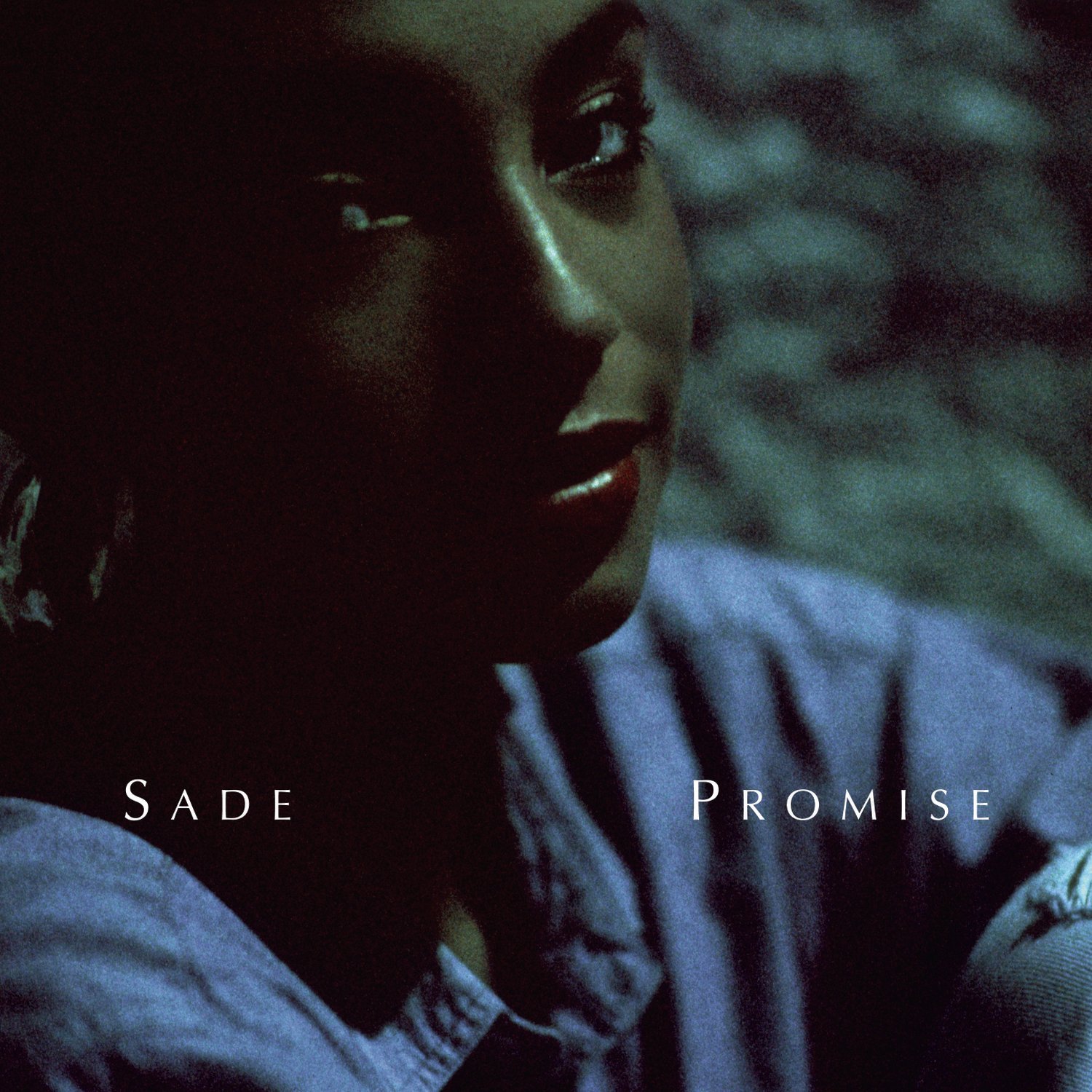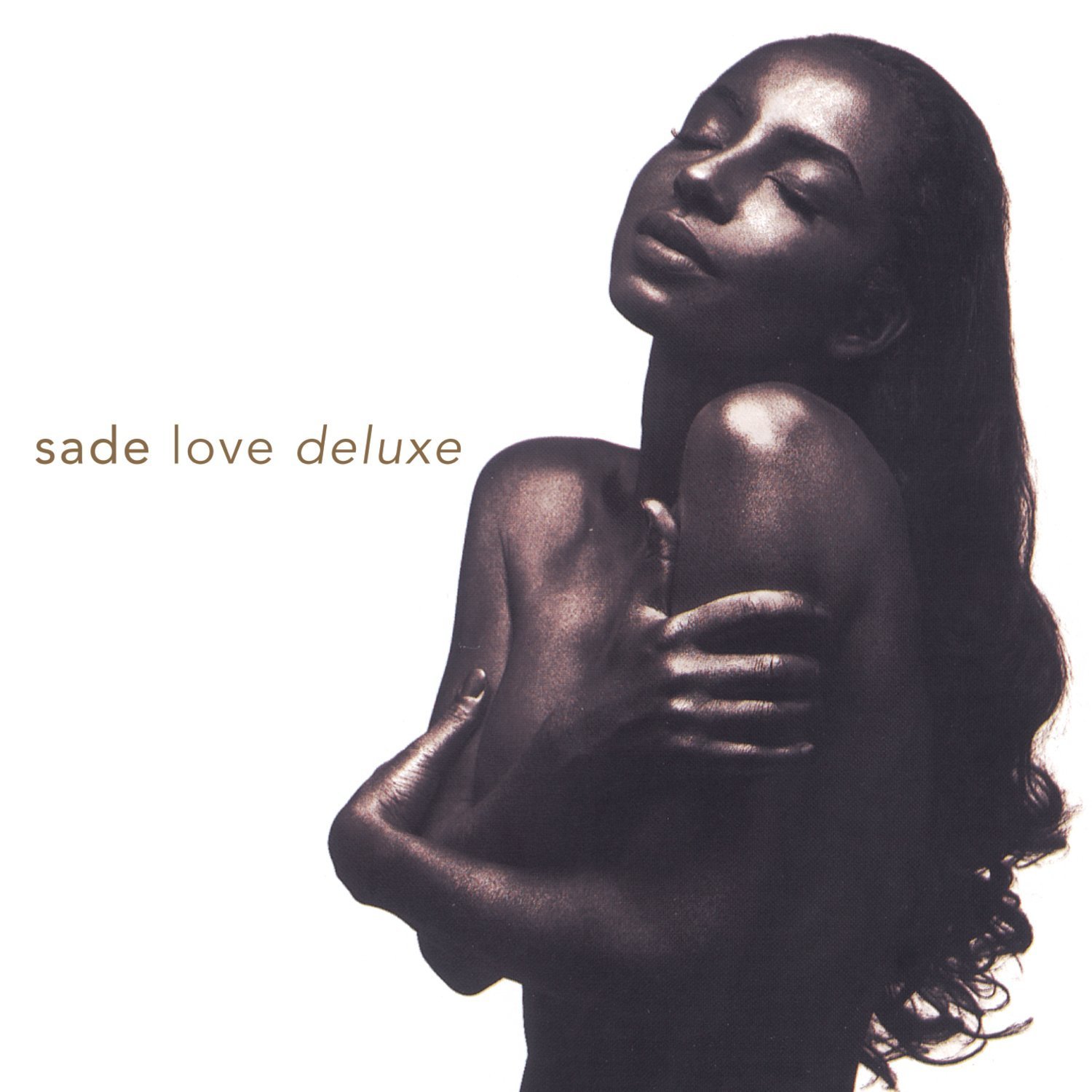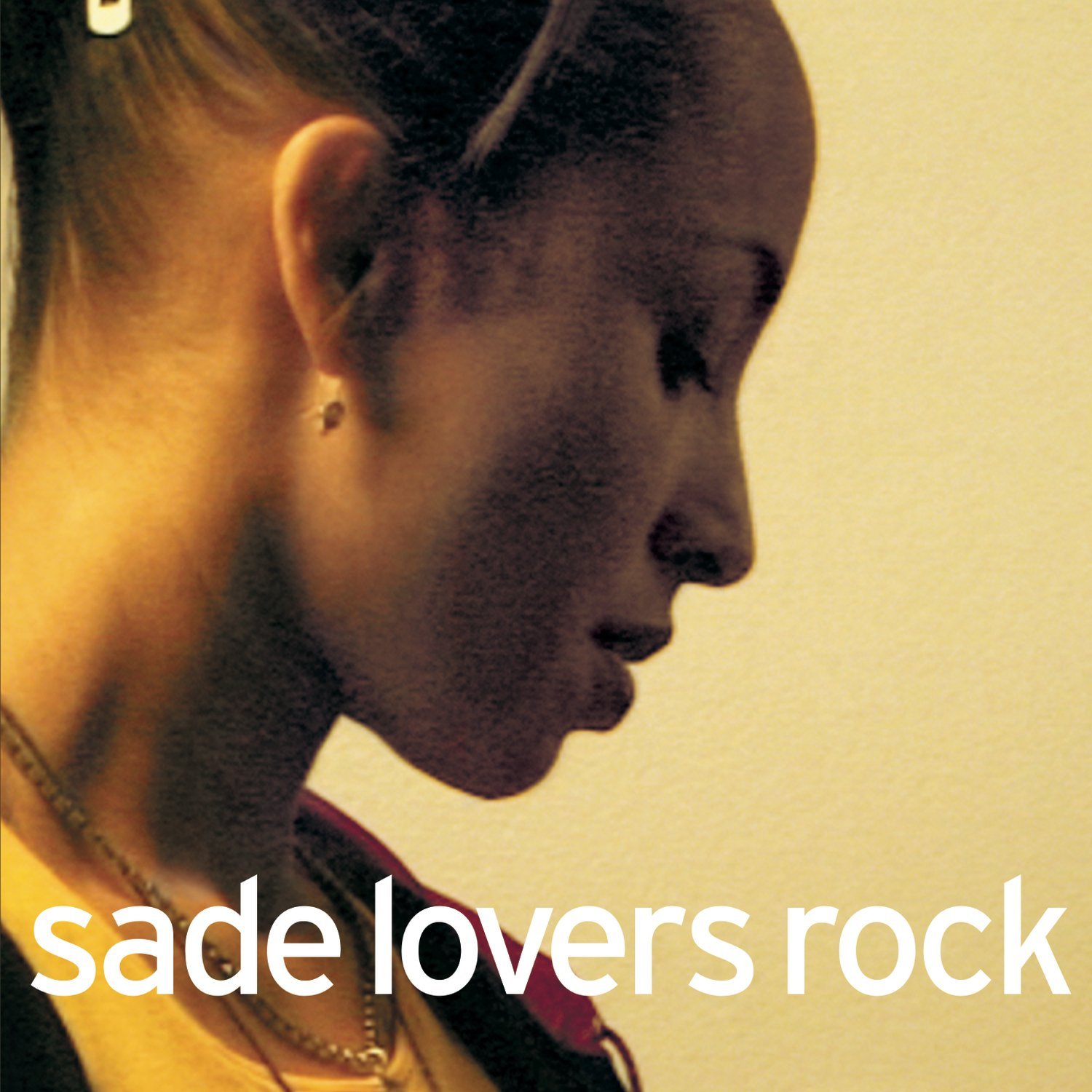Happy 35th Anniversary to Sade’s third studio album Stronger Than Pride, originally released in the UK May 3, 1988 and in the US May 10, 1988. (Note: Select sources cite May 5, 1988 as the official release date.)
People are drawn to the unknown. Something about only being allowed to see and know a finite amount has driven explorers to cross oceans, atmospheres, and even event horizons if they could.
Following the success of their first two multiplatinum discs Diamond Life (1984) and Promise (1985), the members of legendary English band Sade were caught up in the whirlwind of new fame, heaped-upon awards, and world tours. The tight-knit foursome consisted of keyboardist Andrew Hale, bassist Paul S. Denman, Stuart Matthewman who plays both guitar and sax, and of course, lead singer Helen Folasade Adu.
Entranced by her celebrity and folkloric beauty, tabloids became fixated on Adu, spinning tales of broken romance, drug use, unprofessionalism on stage, and even a supposed secret marriage in the South of France. After initially registering her disapproval, Adu shifted to ignoring them entirely. To wall off access to her private life only fed her mystique, intriguing fans and foes alike.
As Adu and her bandmates retreated from public accessibility, their music turned inward. Breaking from the hand of Robin Millar, the band produced themselves for the first time, employing only the help of Millar’s engineers Mike Pela and Ben Rogan as sonic co-pilots. Together they shed the brass and bombast of hits like “Is It A Crime” and “Your Love Is King” in favor of decorating with negative space, extended band vamps, and minimalist lyricism. Accordingly, Stronger Than Pride is the band’s clarified statement of identity, a jazz-soul deconstruction entirely devoid of late ‘80s bluster. Nothing else was like it.
“That's the one special thing about this band,” Adu asserted to Interview Magazine in November 1988. “We do things the way we feel we should. Obviously, we want to appeal to other people, but…we’re trying to express what we would appreciate rather than do what we feel is going to be fashionable.”
And so it goes, their third LP begins with the hush of “Love Is Stronger Than Pride.” The complete antithesis of “Smooth Operator” and “The Sweetest Taboo,” this hymn to relationship ambivalence subsists wholly on the tidal ebb and flow of soft synthesizer and percussion. The enigmatic songstress’ delivery is warm (“But I can’t hate you although I have tried / I still really, really love you / Love is stronger than pride”).
Watch the Official Videos:
Such a quiet introduction might never fly today, and was a risky bid even then. As such, the meandering and upbeat “Paradise” followed, using few words to make grand statements (“I’d wash the sand off the shore / Give you the world if it was mine”). Its chilly bustle became the group’s only #1 R&B single in the US.
While third single “Nothing Can Come Between Us” only notched #3 on Billboard’s R&B chart, it’s one of the most underrated in their discography. Grounded by Denman’s bass performance and near-spiritual in its declaration of fidelity, this intimate uptempo was actually written about the band and their bond with each other. Providing obbligato ad-libs and harmonies is Leroy Osbourne who has recorded, traveled, and performed with the band since 1984 and by now must be considered an unofficial fifth member.
A list of the best deep cuts in Sade’s catalog should start with another Osbourne feature, “Keep Looking.” Rather than get its own release, this sophisticated, funk affirmation was pressed onto the back of Top 20 charter “Turn My Back on You.” Essentially a sparsely sung jam session, “Turn My Back” finds the band experimenting with drum machines as never before. Had Sade harbored any interest in hip-hop, this would’ve been perfect for inviting a Rakim or Slick Rick to take what they were flirting with all the way to home base.
Though these frontloaded singles possess their own character, it is elsewhere on Stronger Than Pride where the disassembly reaches its full extent. “Give It Up” suspends untethered in midair, like a parboiled Shaft theme looping its pattering hi-hats and impatient congas. “Haunt Me” spins a beguiling and benevolent lullaby from filaments of acoustic guitar and Hale’s expressive jazz piano. Adu again minimizes her presence here (“And if you want to sleep / I'll be quiet like an angel / As quiet as your soul could be”), a meta reference if ever there was one.
Finally, the record’s implosive climax comes via “I Never Thought I’d See The Day.” With all distractions removed, its smallest details are imbued with meaning. Only pulses of electric piano and bass arrhythmia push the song through its cavernous, ambient space. Muted, tremoring strings capture shock, abandonment, and despair—emotions which Adu, with her audible ache, can embody particularly well.
If there were any track to consider excising, it might have been “Siempre Hay Esperanza.” This instrumental meditation centers on Matthewman’s saxophone musings, interrupted by the oddly dissonant chinging of electric keys. The track seemed out of place until I noticed how much it connected Stronger Than Pride to the sound of their next album Love Deluxe (1992). Imagining it as an early demo of “No Ordinary Love,” brings out how many elements the two have in common.
Enjoying this article? Click/tap on the album covers to explore more about Sade:
Ultimately, paring down their sound proved to be the right move. Stronger Than Pride charted Top 10 internationally, was certified triple platinum in the US, and sold over 4.5 million units worldwide. Contrary to its initial charting, “Love Is Stronger Than Pride” has become the most enduring song from this set, frequently entreating new artists to cover and pour themselves into the artful vacancy of its melody.
With the advent of alternative R&B in 2020 where “mood and vibe” are dominant currencies, Sade’s icy cool mystique is now the template to follow. By learning to sketch their art only in part, it drives our ears, emotions, and imagination to fill in the rest. Always intrigued, always exploring, looking for another ocean to cross.
Listen:





